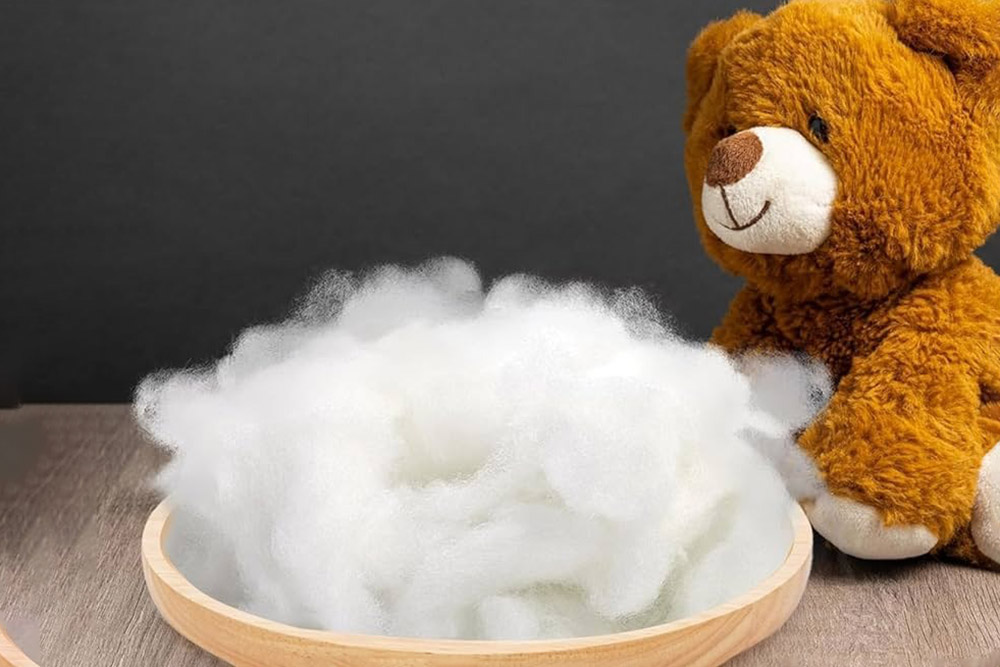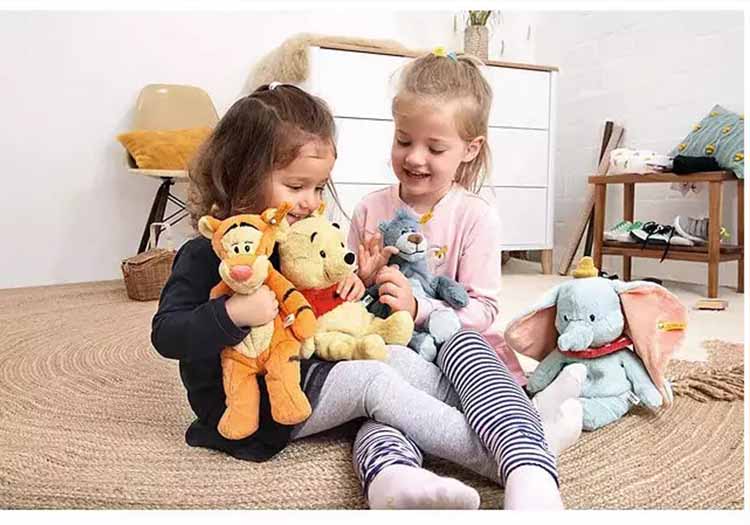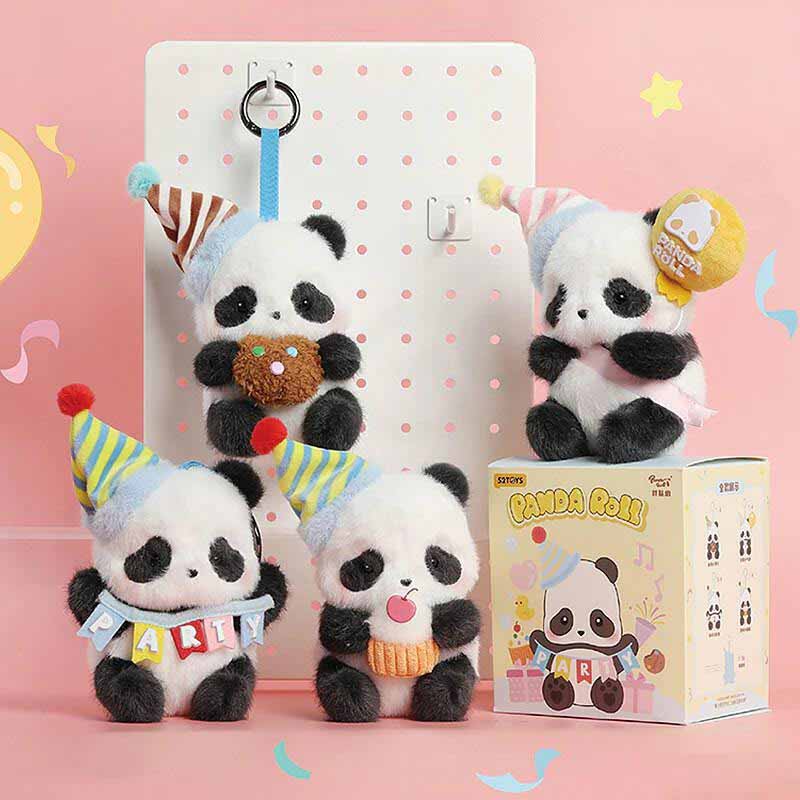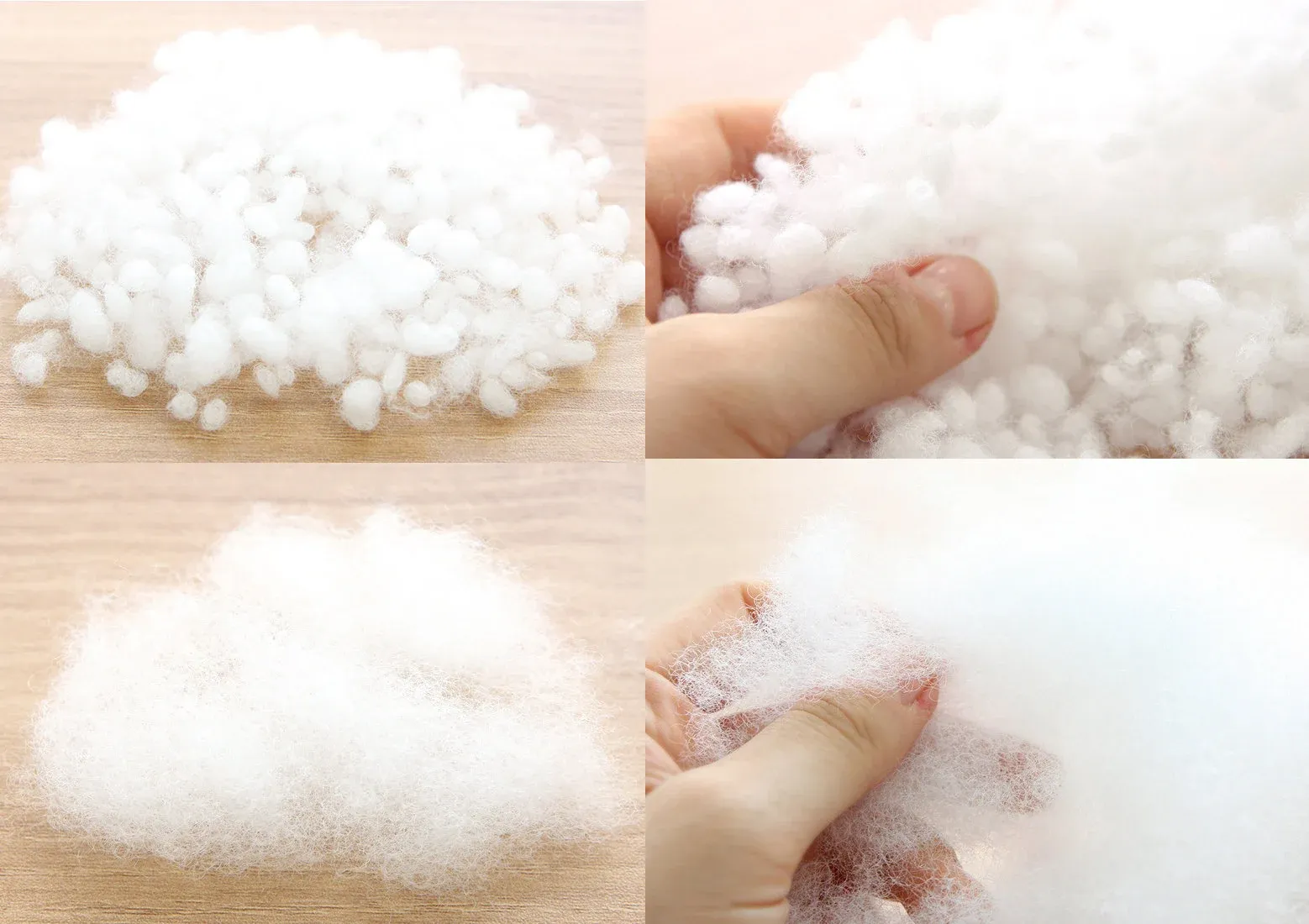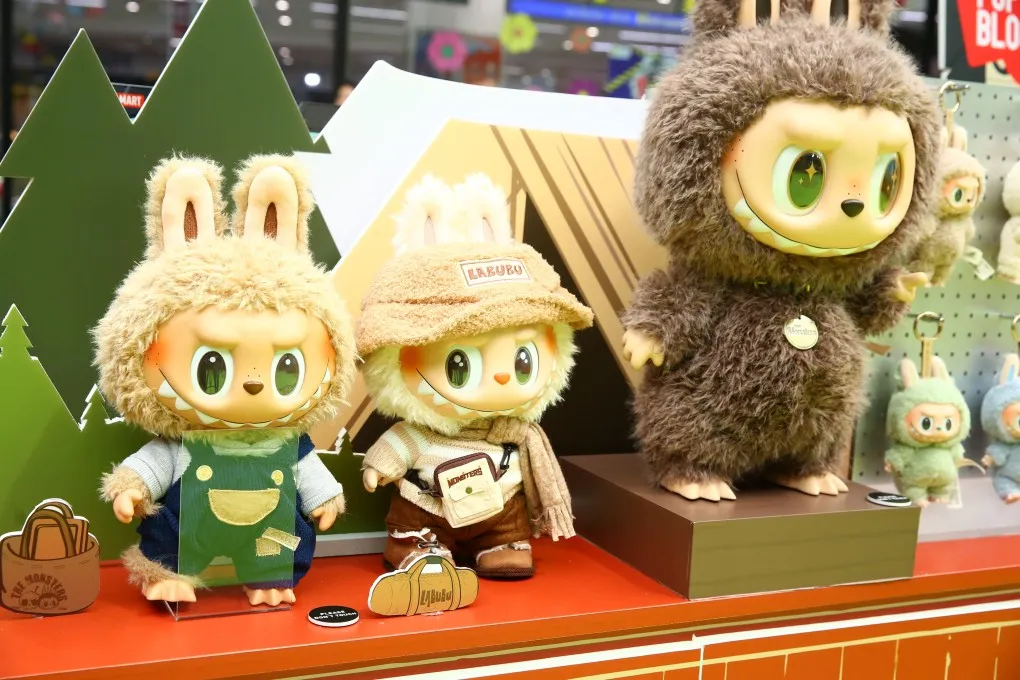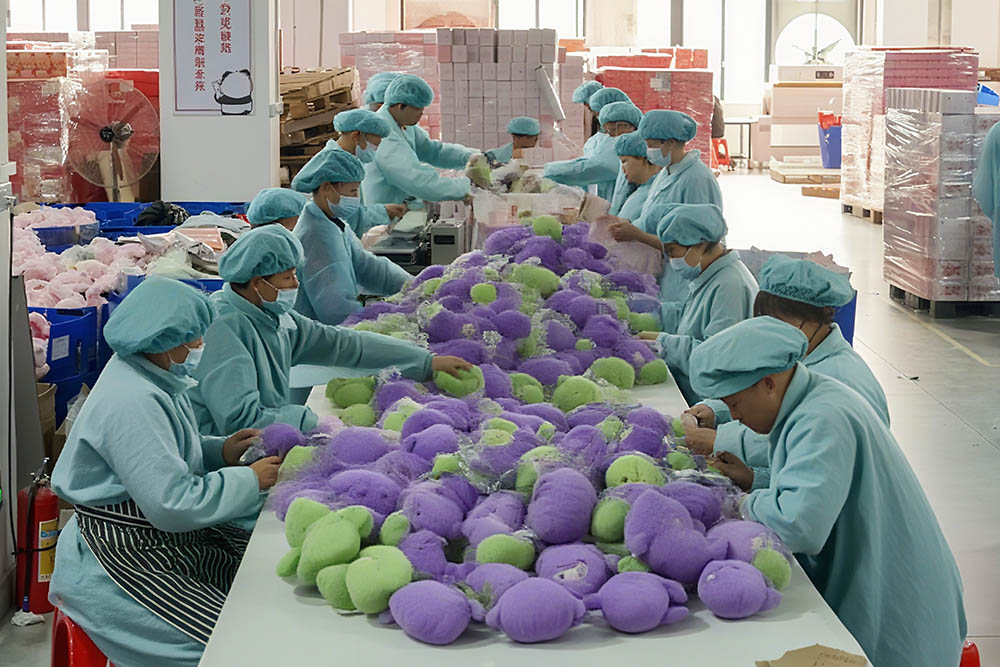Plush soft toys combine comfort, design, and emotional value, making them essential in the global toy industry.
A plush soft toy is a toy made with soft fabrics, safe stuffing, and detailed stitching, designed to offer comfort and companionship. Unlike hard toys, plush toys provide tactile warmth, emotional bonding, and universal appeal across children and adults. Their softness comes from specialized fabrics and fillings, meeting safety standards required by international markets.
Plush soft toys are not only consumer favorites but also an important category for retailers and brands worldwide.
What Is the Definition of a Plush Soft Toy in the Toy Industry?

Plush soft toys are defined by their materials and emotional role.
In the toy industry, a plush soft toy refers to a toy made from soft textile fabrics, filled with fiber or other materials, designed to be cuddly and safe for all ages. These toys are distinct from plastic or mechanical toys because they rely on softness and warmth rather than rigid structures.
Plush toys can take many forms: animals, characters, dolls, or promotional mascots. What defines them is not only the exterior fabric but also their purpose—providing comfort, companionship, or brand storytelling. Manufacturers like Kinwin focus on designing plush toys that meet both consumer expectations and international compliance standards.
Plush toys have become one of the most exported categories from China, with global buyers sourcing them for retail, events, and promotions. They are equally popular among children for play and adults for stress relief or collectibles.
| Feature | Description | Market Importance |
|---|---|---|
| Exterior Fabric | Soft textile material | Defines “plush” feel |
| Filling | Polyester fiberfill, cotton, beads | Creates softness & shape |
| Purpose | Comfort, play, collecting | Universal consumer demand |
| Global Usage | Retail, promotional, gift markets | Expands brand reach |
How Do Fabrics and Fillings Create the Softness of Plush Toys?

Softness comes from material science and filling choices.
The outer fabrics of plush toys are usually velboa, minky, fleece, or cotton blends. Inside, polyester fiberfill is most common, while cotton, foam, or beads may be added for specific effects. Together, they create plush toys that are huggable, lightweight, and durable.
Fabrics play a direct role in how the toy feels. Short plush fabrics are smooth and cost-efficient, while minky and fleece offer luxury softness. For eco-friendly options, many factories now use organic cotton or recycled polyester (RPET), which appeal to brands targeting sustainability.
Stuffing ensures shape and comfort. Polyester fiberfill provides resilience and softness, while microbeads add weight for sensory benefits. Some brands even combine multiple fillings to create hybrid textures. Buyers sourcing plush toys must balance cost, softness, and compliance when selecting fabrics and fillings.
| Fabric Type | Key Traits | Usage in Plush Toys |
|---|---|---|
| Velboa | Short, durable, cost-friendly | Mass plush production |
| Minky/Fleece | Ultra-soft, luxury feel | Premium collections |
| Cotton | Breathable, natural | Baby plush toys |
| RPET | Recycled, eco-friendly | Sustainable plush lines |
What Are the Safety Standards and Certifications for Plush Soft Toys?

Safety defines credibility in plush toy production.
Plush soft toys must comply with international safety standards like CE (Europe), ASTM F963 (USA), EN71 (Europe), CPSIA (USA), and ISO standards. Certification ensures toys are free of harmful chemicals, safe from choking hazards, and suitable for their target age group.
Manufacturers must use non-toxic fabrics, safe dyes, and secure stitching to pass laboratory testing. Small parts, like buttons or beads, are avoided or tested for strength to prevent detachment. For baby toys, additional standards apply to ensure hypoallergenic properties and safe fillings.
Buyers should always request test reports and certification from suppliers. A professional manufacturer like Kinwin integrates safety compliance into each production step, from sourcing materials to final inspections. This reduces risk for brands and ensures consumer trust.
| Certification | Region | Focus |
|---|---|---|
| CE & EN71 | Europe | Chemical & mechanical safety |
| ASTM F963 | USA | Physical & flammability tests |
| CPSIA | USA | Lead & phthalate restrictions |
| ISO 8124 | Global | Safety, labeling, compliance |
How Do Plush Soft Toys Differ from Other Types of Stuffed Toys?

The difference lies in softness, fabric, and positioning.
While “stuffed toy” is a broad category that includes any toy filled with material, a “plush soft toy” specifically refers to toys made with soft textile fabrics like velboa or fleece, designed for cuddling and comfort.
For example, a stuffed toy may include hard fabric or decorative elements not suitable for hugging, while plush soft toys prioritize tactile appeal. In consumer markets, “plush” is often associated with higher quality and emotional connection, while “stuffed” is seen as a general term.
This distinction is important for sourcing and marketing. Retailers targeting children or lifestyle products prefer the term “plush,” as it communicates softness and safety. Collectors, however, may use “stuffed animals” more broadly.
| Category | Key Traits | Consumer Perception |
|---|---|---|
| Stuffed Toy | Any filled toy | General, broad category |
| Plush Soft Toy | Made with plush fabrics | Softer, premium perception |
What Markets and Age Groups Commonly Use Plush Soft Toys?

Plush soft toys are versatile across demographics.
Children form the largest consumer group, using plush toys for play, comfort, and learning. However, teenagers and adults increasingly collect plush toys for stress relief, decoration, and emotional value. Plush toys are also used in promotional campaigns and retail merchandising.
In retail, plush toys dominate categories like baby products, gift shops, and e-commerce platforms. In promotional use, companies customize plush mascots for events, corporate branding, or giveaways. The demand is global, with North America, Europe, Japan, and the Middle East as strong markets.
For sourcing, buyers should align plush toy types with their target age group. Baby plush toys require hypoallergenic fabrics, while teen and adult plush often emphasize unique designs or character IPs. Collectors focus on limited editions, where rarity drives value.
| Age Group | Market Use | Example |
|---|---|---|
| Infants | Comfort, sensory | Baby plush dolls |
| Children | Play, learning | Animal plush, dolls |
| Teenagers | Collectibles, fandom | Anime plush, licensed toys |
| Adults | Stress relief, decoration | Weighted plush, lifestyle mascots |
How Can Brands Customize Plush Soft Toys for Retail and Promotional Use?

Customization creates value for brands.
Brands can customize plush toys by choosing fabrics, colors, logos, accessories, and packaging. OEM and ODM services allow retailers to design plush toys that reflect their brand identity or promotional theme, increasing consumer engagement and loyalty.
In retail, customized plush toys often align with seasonal campaigns, product launches, or licensed IP collaborations. For promotional use, companies order plush mascots or giveaways that carry their branding, offering consumers both utility and emotional connection.
Manufacturers like Kinwin provide full customization support—from design sketches and sampling to bulk production and global delivery. With certifications and advanced machinery, factories can ensure both creative flexibility and safety compliance.
| Custom Option | Application | Brand Benefit |
|---|---|---|
| Fabric Choice | Velboa, cotton, RPET | Matches target market |
| Embroidery & Logo | Company branding | Boosts recognition |
| Accessories | Clothes, tags, packaging | Enhances uniqueness |
| Sizing | Mini to oversized | Fits retail or promo needs |
Conclusion
Plush soft toys combine softness, safety, and customization, making them essential across global markets. At Kinwin, we deliver certified quality, creative designs, and OEM/ODM services to help brands succeed.
Contact me, Amanda, at [[email protected]] or visit https://kinwintoys.com today to develop your own plush soft toy collection.


